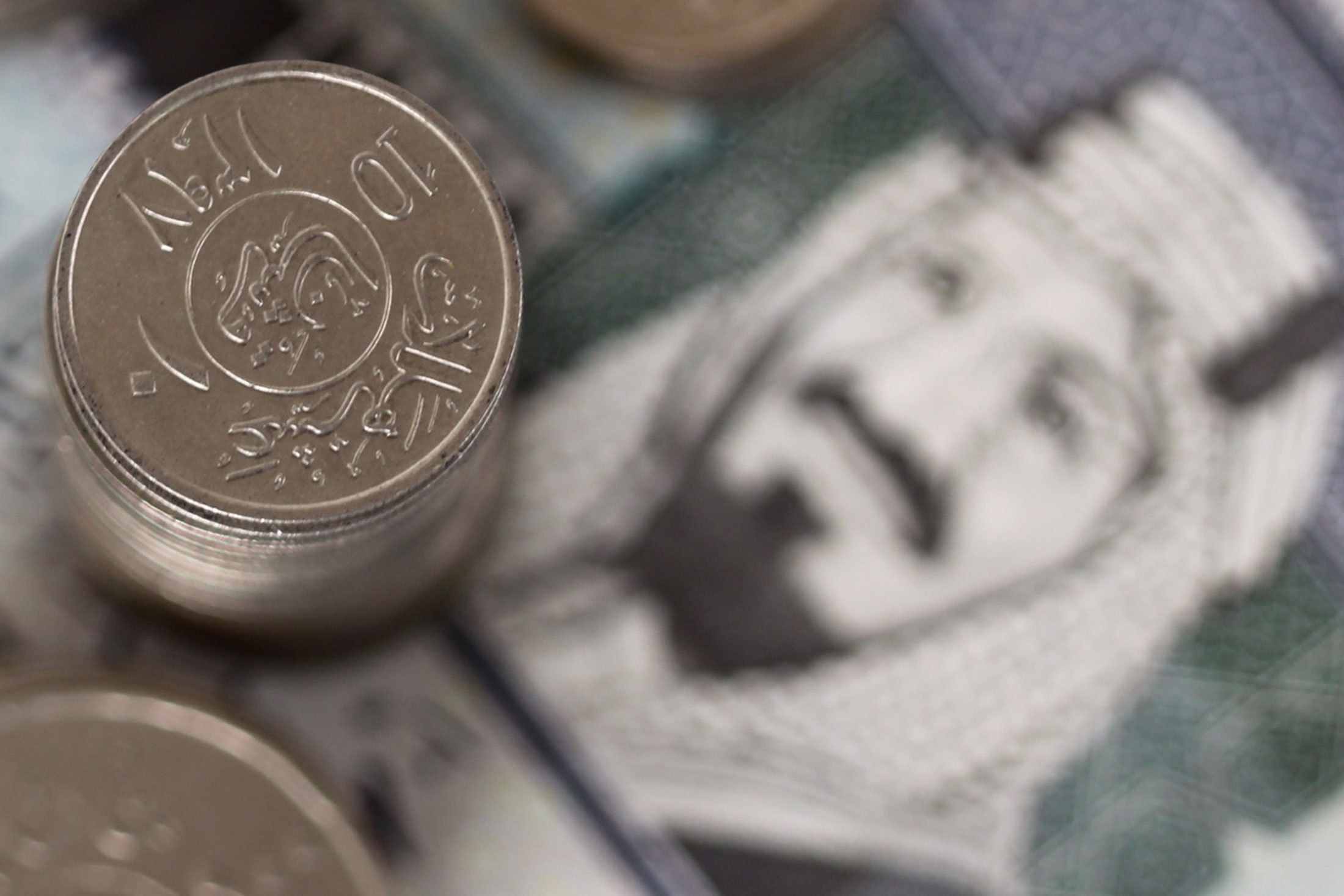Saudis Win IMF Praise Two Years After Warnings of Financial Ruin

EghtesadOnline: In October, the International Monetary Fund warned that Saudi Arabia could deplete its financial assets within five years. It’s now finding more reasons to be optimistic about the biggest Arab economy.
According to Bloomberg, Spending cuts and measures including the gradual reduction of energy subsidies mean that the budget deficit will probably fall to 9.6 percent of economic output in 2017 from 13 percent this year, according to Tim Callen, the IMF’s Saudi mission chief. The shortfall was 16 percent in 2015.
“The fiscal adjustment is under way, the government is very serious in bringing about that fiscal adjustment,” Callen said in a telephone interview on Wednesday. “We’re happy with the progress that’s being made.”
The kingdom responded to the drop in crude prices by laying out a plan for the biggest economic shakeup in decades, including imposing value-added taxation, selling stakes in state-owned companies and cutting the public-sector wage bill. But while the retrenchment has brought the economy back from the brink of collapse, the government isn’t finding easy answers to offset its impact on growth.
Too Few Jobs
Gross domestic product is set to expand 1.2 percent this year, according to IMF estimates. It will then settle around 2.25 percent to 2.5 percent in the medium term, a pace that Callen said was unlikely to create enough jobs to meet demand.
Economic activity “is clearly going to have to be stronger than we have in our baseline to accommodate all of the young population that is going to be moving into the labor force,” he said. “The public sector is not going to be able to employ people at the rate that it has in the past given the much more difficult fiscal position.”
The private sector, however, has historically relied on state spending for business growth and is struggling to cope with the government’s austerity measures.
Building projects have fallen off dramatically along with the drop in oil revenue. Construction contracts shrank by about 50 percent in the first quarter from the same period a year earlier, according to data published by the Jeddah-based National Commercial Bank. The government didn’t award any contracts during the first quarter in 2016 or the fourth quarter of last year, the bank said.
Finance Exception
Callen said the slow down in non-oil industries “has been pretty much been across the board probably with the exception of the finance area.”
The IMF said July 28 that Saudi banks were “well positioned” to weather loan losses. It also projected that the kingdom’s current-account deficit will narrow to 6.4 percent of GDP this year and “then move close to balance by 2021 as oil prices partially recover.” The government aims to balance its budget by 2020, a goal Callen said was “doable.”
“We would be worried if the fiscal deficit were to remain at the levels it reached last year for another couple of years, because that would mean there will be large fiscal financing requirements,” he said.


